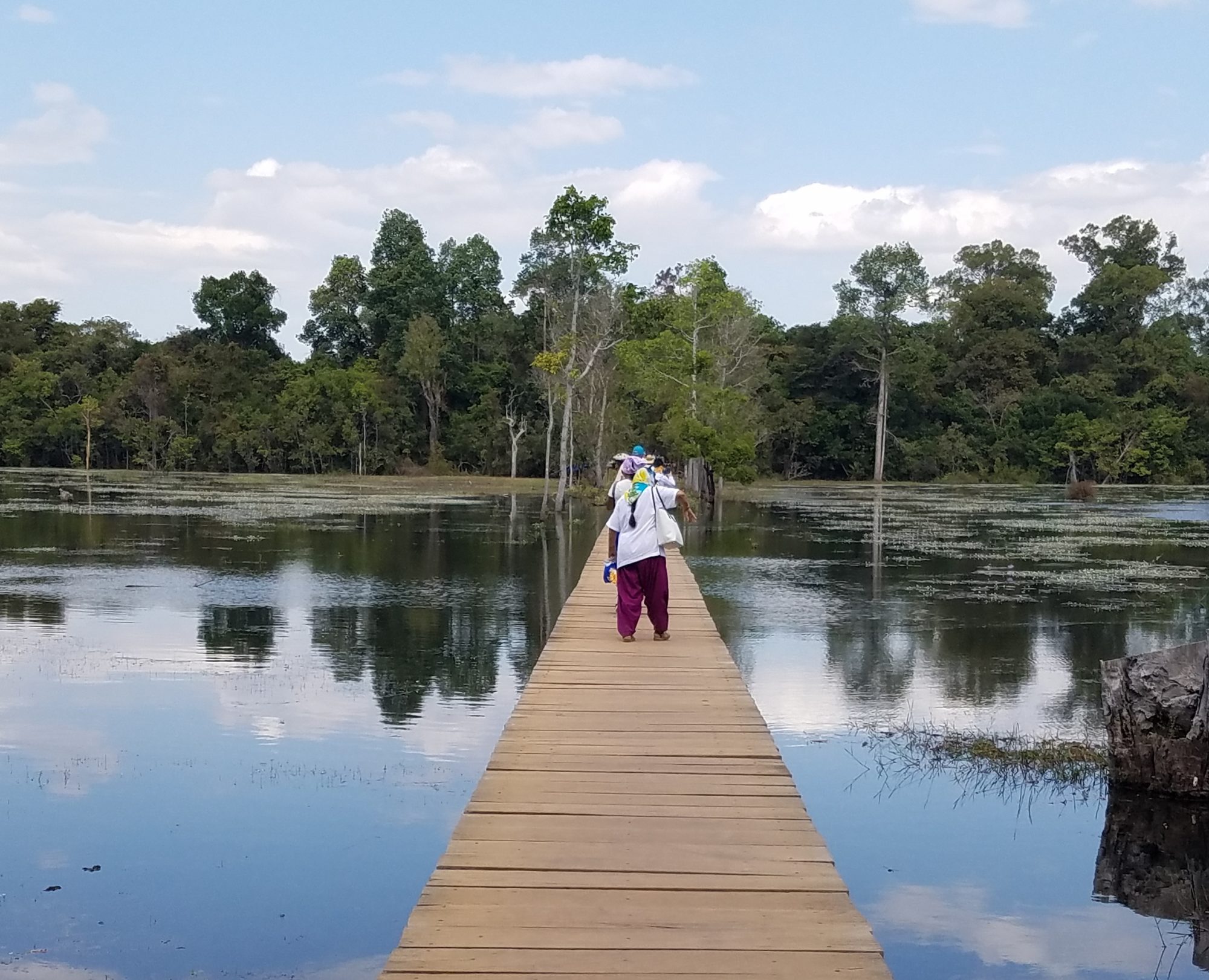Oh wow, a new blog post! I know, I know, it’s been forever since the last one. A year to the day, to be exact. When I started this blog, the aim was to keep me in the practice of writing regularly, as well as keeping any friends and family back home up-to-date on my activities in Asia. I can’t make up for my absence in the last year, I can only promise to do better moving forward.
I figured the best place to jump back in after a year off would be a look at the town I’ve called home for the past two years: Qingdao. This Friday will mark my two year anniversary of living in Qingdao. I will be celebrating by moving into my eighth apartment in those two years. Seriously. Despite the many moves, though, Qingdao has begun to feel like home in that time.
May Fourth Square

I’ll eventually be doing a multi-part series of sorts because, after two years, there is really just way too much for one post. This first one will basically be the Wikipedia version of stats and figures, although hopefully a little more accurate.
Qingdao is a mid-sized tier-2 city on the eastern seaboard of China. Mid-sized for China, that is, as at nine million people it is roughly the size of the Chicago Metropolitan area, while being only half the size, in terms of square miles. It is the largest city in Shandong Province and is located just about due west, across the Yellow Sea, from Seoul.
In China, Qingdao has famously been nicknamed “Beer City” as it is the birthplace of Tsingtao Beer, China’s most famous alcohol export. During the late summer, Qingdao hosts what I can only assume is the longest-in-duration beer festival in the world. This year’s festival ran daily in three locations for five weeks between mid-July to late-August. During the festival, there are musical performances, local and international food, live caligraphy writing (this is a thing in China), and beer. Lots of beer. The festival organizers claim to offer beer from over 200 countries, which is truly amazing considering a Google (errr, Bing, since Google is blocked in China) search tells me that there are only 195 total countries in total.
Qingdao Beer Festival Entrance

As a port city, Qingdao has an interesting history of occupation. From 1891-1914, the Germans occupied the city. The evidence of this still shows with many beautiful Romanesque German buildings that were built during this time, including Qingdao Christian Church and St. Michael’s Cathedral. The Germans, to the surprise of no one, I’m sure, are also the reason that Qingdao is known as the Beer City, having built the Tsingtao Brewery in 1903.
Qingdao Christian Church

St. Michael’s Cathedral

Qingdao was also occupied twice by the Japanese, from 1914-1922 and again during World War II from 1938-1945. This second occupation is remembered for the many atrocities that Japanese soldiers committed on the Chinese. As a result, to this day, many local Chinese remain extremely prejudiced against the Japanese.
Recently, Qingdao has become a city that is also known for film and TV. Wanda Studios, the largest movie studio in the world, fully opened this past year on the island district of Huangdao. The studio was built not just for Chinese film and TV production, but to hopefully lure Hollywood over for lower-cost shooting. Unfortunately, this hasn’t been the case yet, as only the white-savior epic “The Great Wall” and sci-fi sequel turd “Pacific Rim 2” have been the only two US blockbusters to film here.
It is also the birthplace of two of China’s biggest movie stars: Fan Bingbing and Huang Bo. Fan Bingbing may be China’s most famous actress, although recently she has been “disappeared” by the Chinese government for apparently not paying her taxes. Huang Bo is an actor and director known for both his dramatic and comedic film roles. Most importantly, to me at least, Qingdao is the birthplace of the great Japanese actor, Toshiro Mifune, to missionary parents in 1920. Mifune is undoubtedly one of the best actors of the last century, starring in many Akira Kurosawa-directed classics as The Seven Samurai, Rashomon, Yojimbo, Throne of Blood, and High and Low.
That about wraps up this facts and figures introduction to Qingdao. Stay tuned, hopefully, for more on the beer festival, things to do in the city, and maybe even a conversation with a local.
